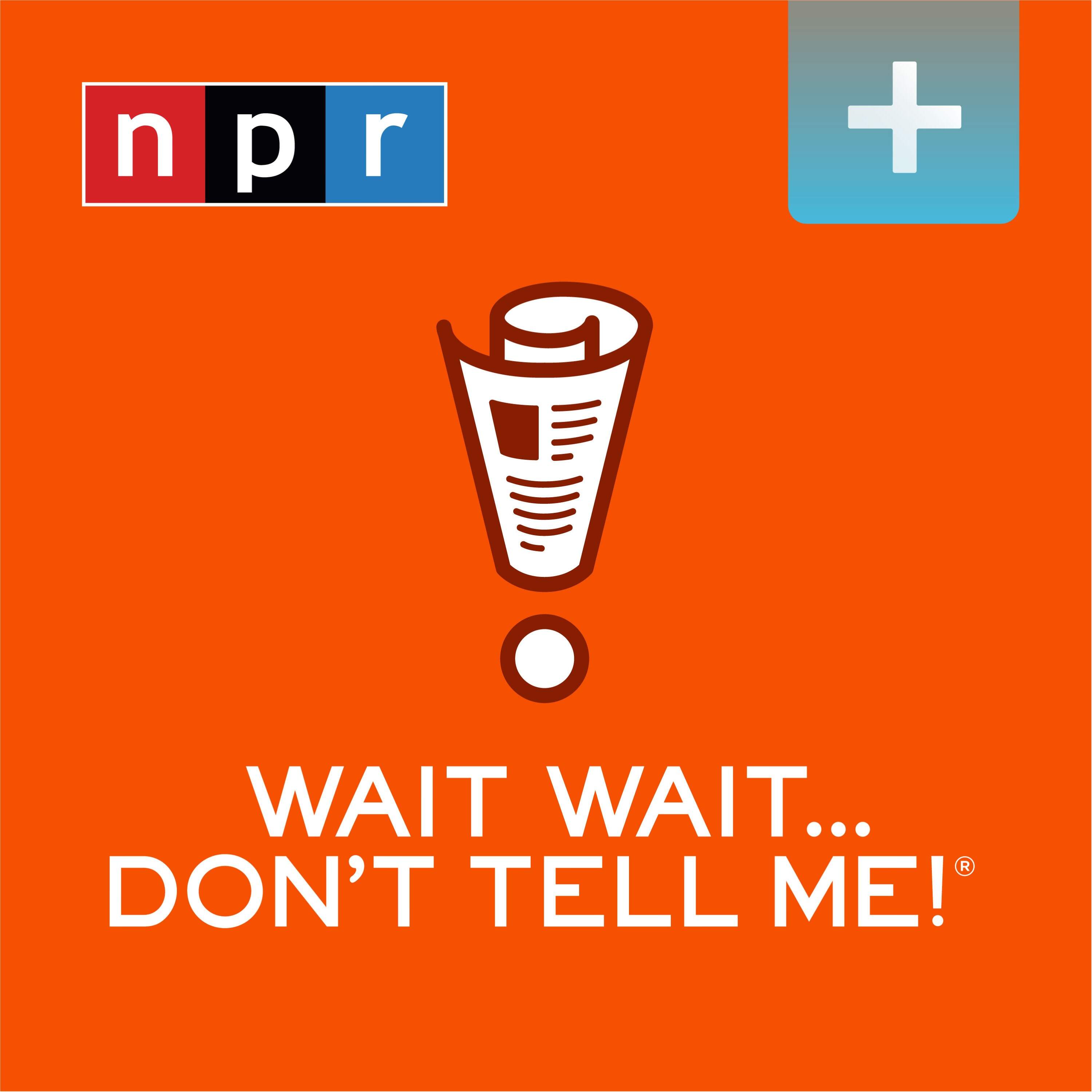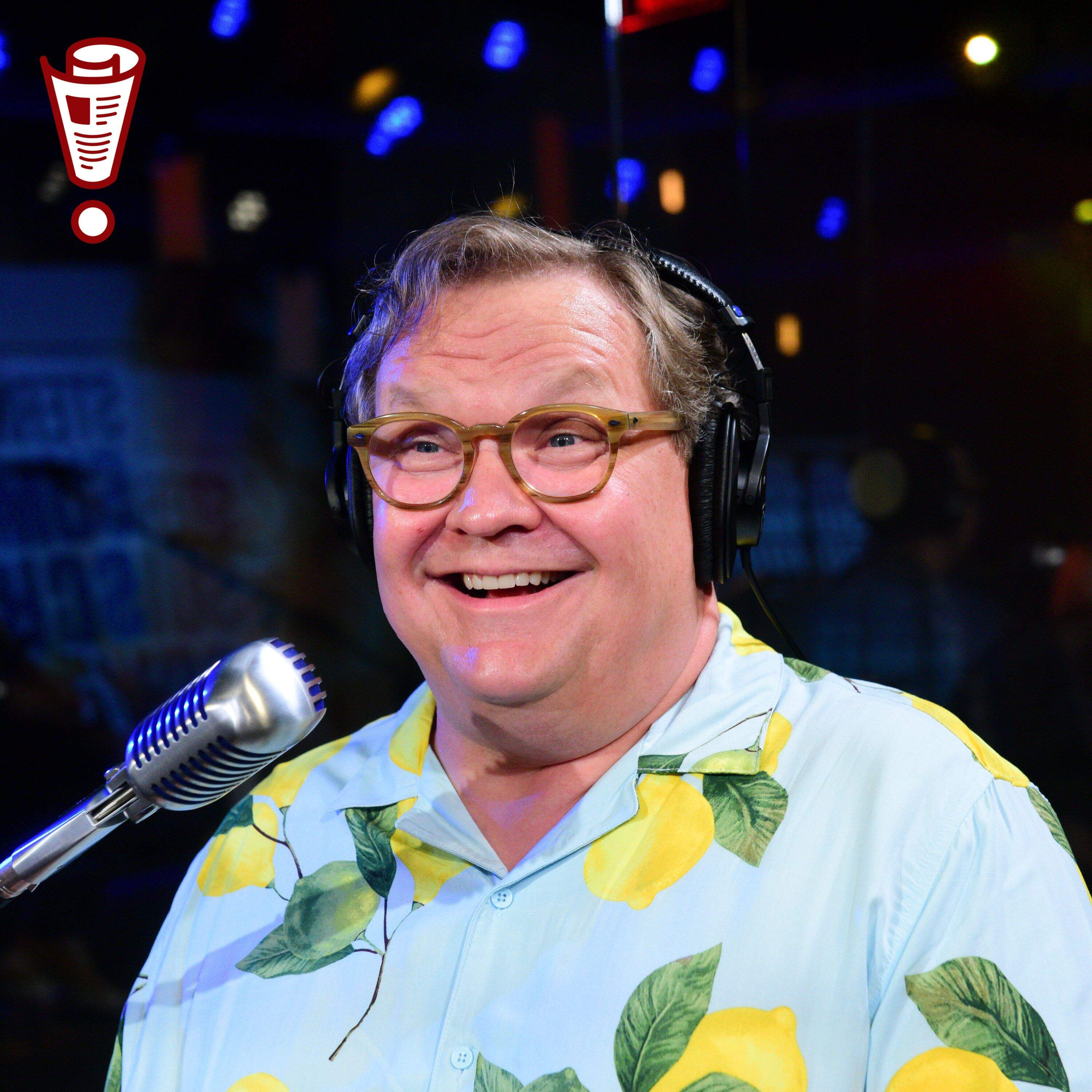HTDE: Earthquakes, Dentists, and How To Talk To Your Dog
On today’s episode: a bold new way to help out when an earthquake hits, and Mike and Ian help out a listener with the help of a friendly dentist and a dog named Stella. Plus, our continuing commitment to be your Out of Office emergency contact turns into a surprise birthday celebration.
You can email your burning questions to howto@npr.org.
How To Do Everything is available without sponsor messages for supporters of Wait Wait…Don't Tell Me+, who also get bonus episodes of Wait Wait Don't…Tell Me! featuring show outtakes, extended guest interviews, and a chance to play an exclusive WW+ quiz game with Peter! Sign up and support NPR at plus.npr.org.
How To Do Everything is hosted by Mike Danforth and Ian Chillag. It is produced by Schuyler Swenson. Technical direction from Lorna White.
******
(Once again) after listening:
“I am OOO from (INSERT DATES HERE). For any urgent concerns, please email Mike and Ian at howto@npr.org. Please bear in mind that Mike and Ian don’t know anything about anything and their help may in fact make your urgent concern worse, but they did promise to answer any email they get from this out of office message.”
Learn more about sponsor message choices: podcastchoices.com/adchoices
NPR Privacy Policy
Press play and read along
Transcript
Transcript is processing—check back soon.





